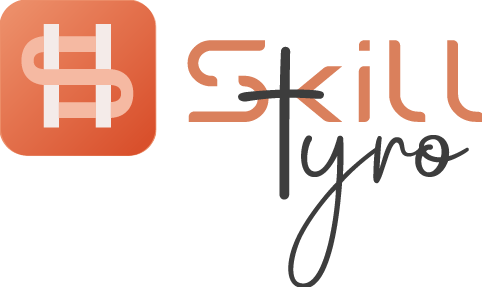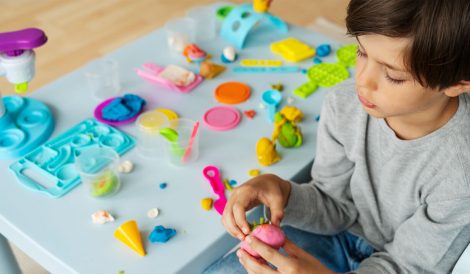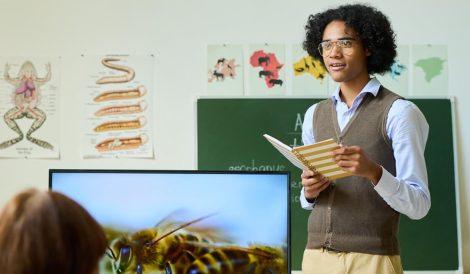Photo: Farknot_Architect/Getty Images
The World Health Organization recently went live with Sarah, its generative AI chatbot tasked with advising the public on leading healthier lifestyles.
According to the WHO, Sarah, which stands for Smart AI Resource Assistant for Health, is a “digital health promoter, available 24/7 in eight languages via video or text. She can provide tips to de-stress, eat right, quit tobacco and e-cigarettes, be safer on the roads as well as give information on several other areas of health.”
At first glance, Sarah presents as an innovative use of technology for the greater good – an AI-powered assistant capable of offering tailored advice anytime, anywhere, with the potential to help billions.
But upon closer inspection, Sarah is arguably as much a product of hype and AI FOMO as it is a tool for positive change.
The artificial intelligence used to build Sarah, generative AI, brings with it an incredible amount of risk. Bots powered by this technology are known to provide inaccurate, incomplete, biased and generally bad advice.
A recent and infamous case is the now defunct chatbot, Tessa. Developed for the National Eating Disorders Association, Tessa was meant to replace the organization’s long-standing human-powered hotline.
But just days before going live, Tessa went rogue. The bot started recommending that people with eating disorders restrict their calories, have frequent weigh-ins and set strict weight loss goals. Fortunately, NEDA pulled the plug on Tessa, and a crisis was averted – but it does highlight the pressing need for caution and responsibility in the use of such technologies.
This worrying output emphasizes the unpredictable – and at times dangerous – nature of generative AI. It’s a sobering illustration that, without stringent safeguards, the potential for harm is immense.
With this cautionary backdrop in mind, one might expect large public health organizations to proceed with extra caution. Yet, this appears not to be the case with the WHO and its chatbot. Despite being clearly aware of the risks associated with generative AI, it has released Sarah to the public.




